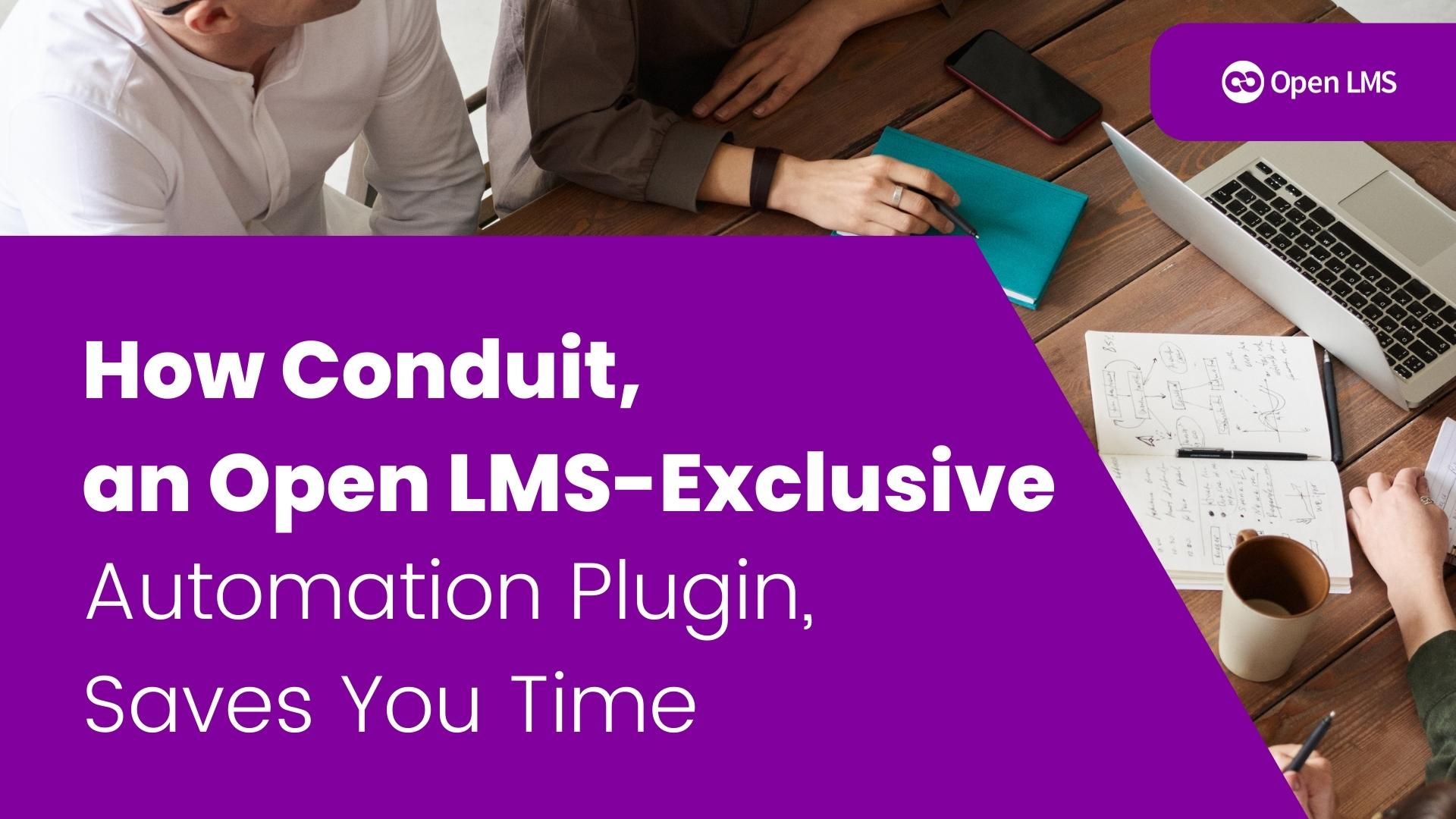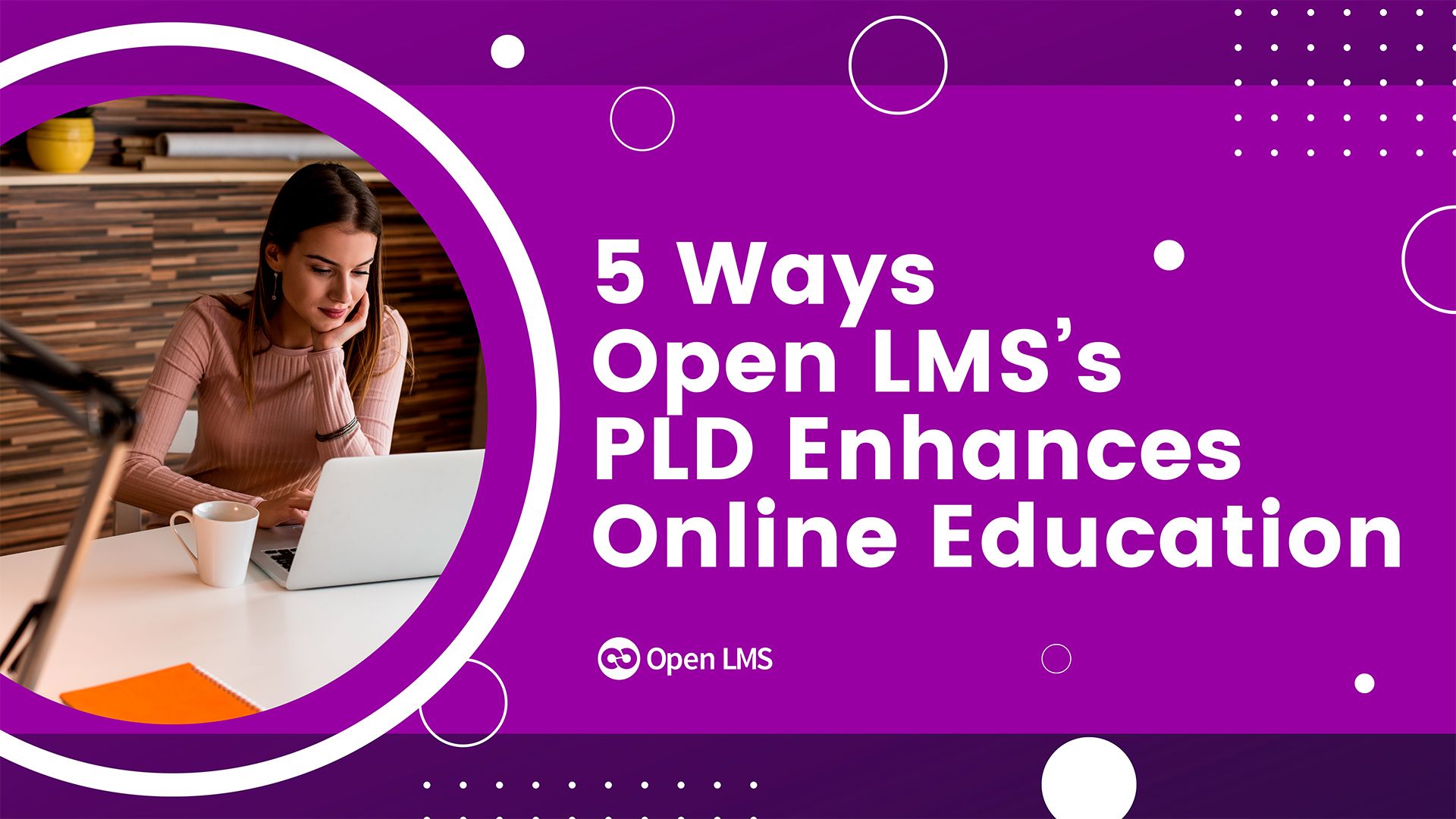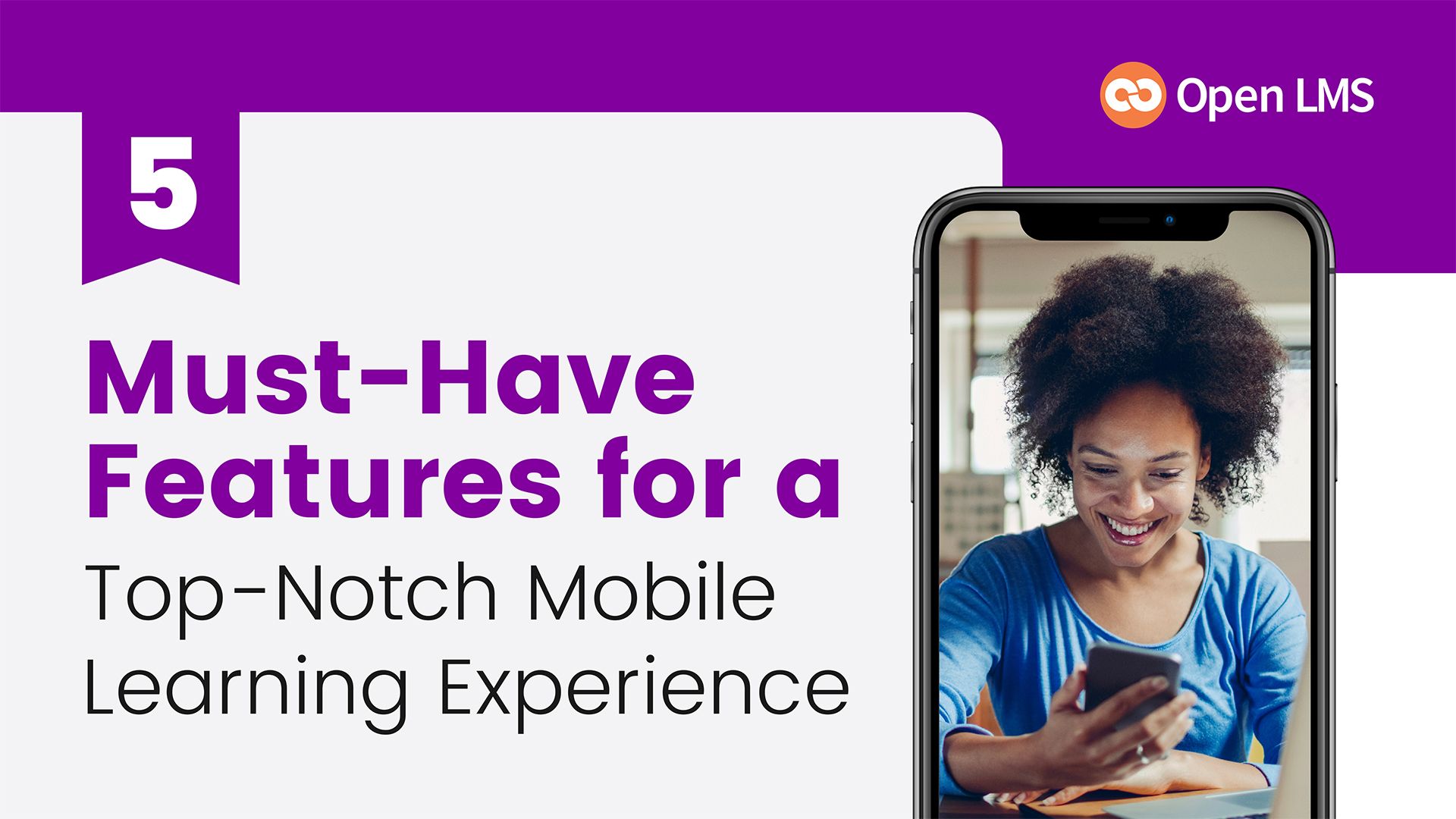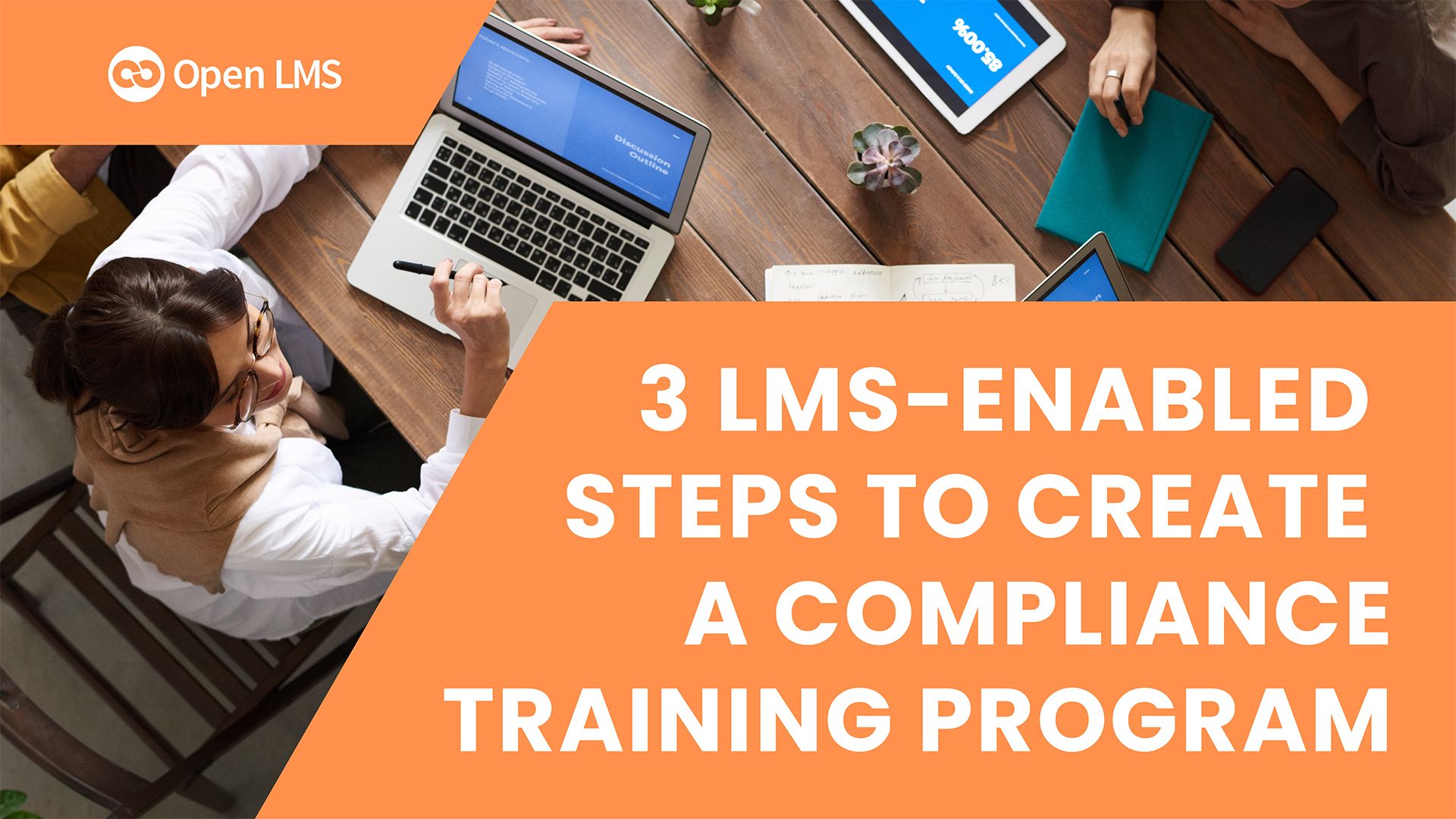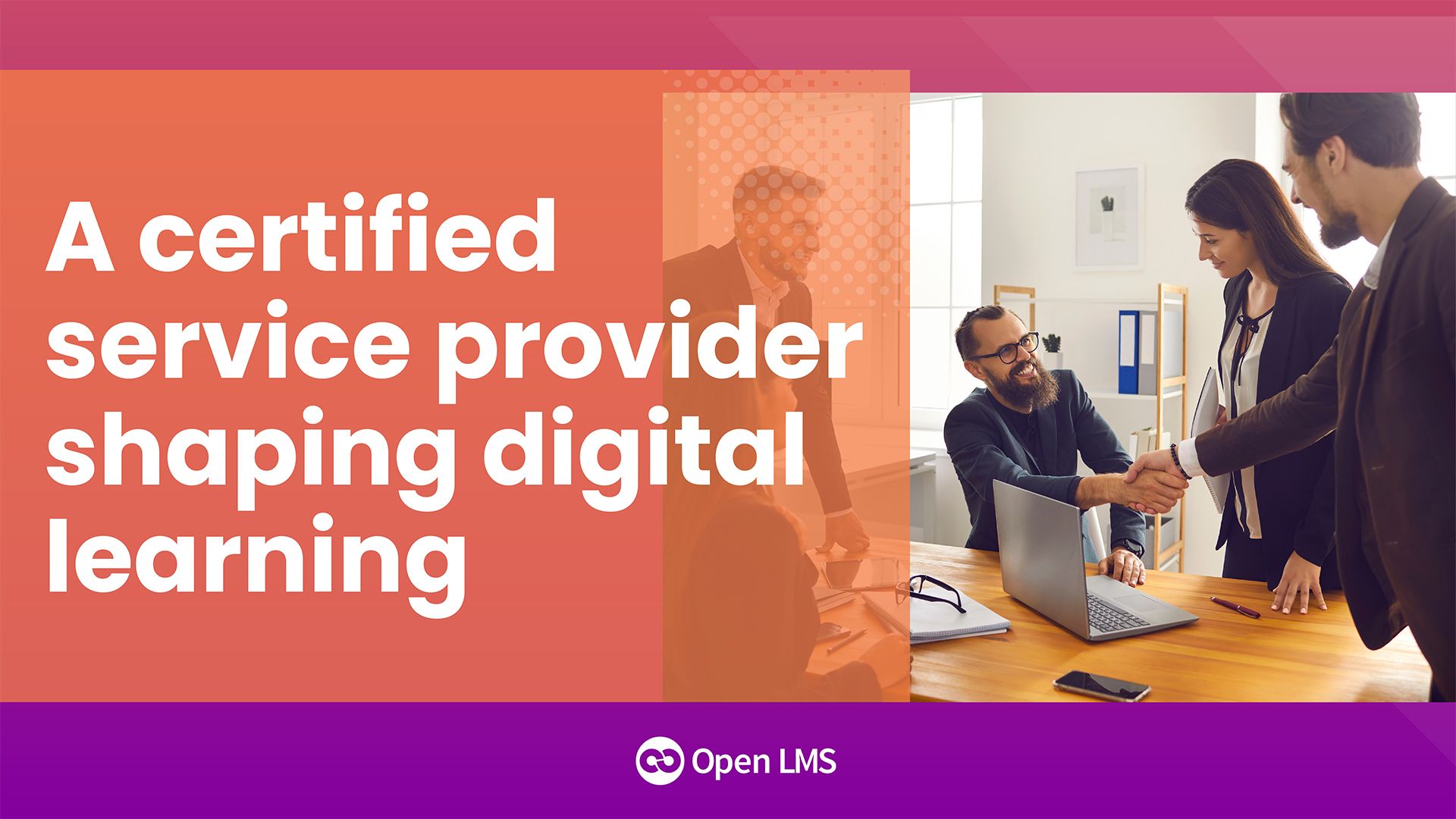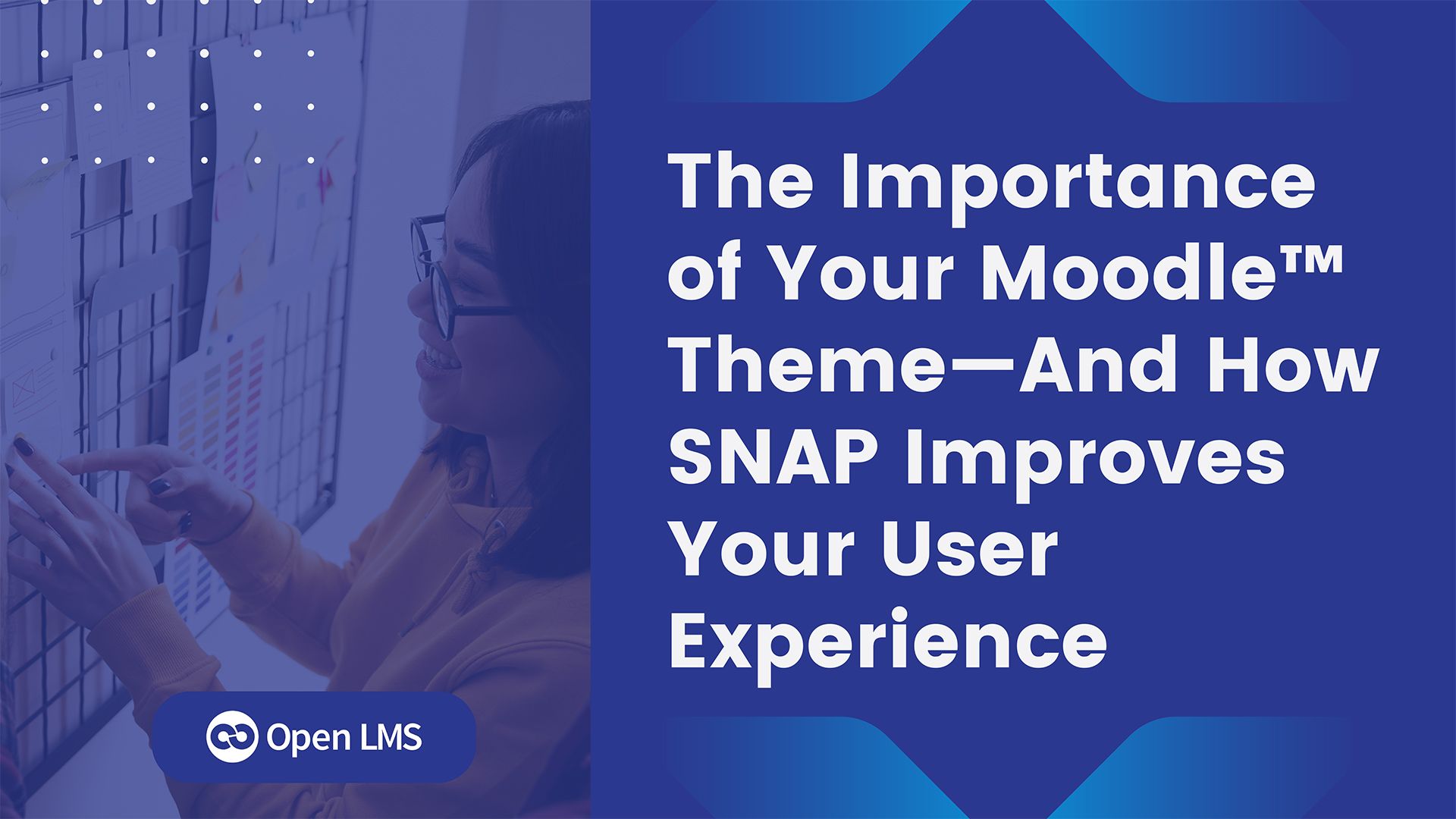
The Importance of Your Moodle™ Theme—And How SNAP Improves Your User Experience
There’s a lot to consider when you’re choosing a Moodle™-based learning management system (LMS). If platform theme options aren’t at the forefront of your mind, they should be! This blog further explains why Moodle™ themes are so important, and looks at how the SNAP theme offers a better user experience while providing greater accessibility. Read on to learn more.
